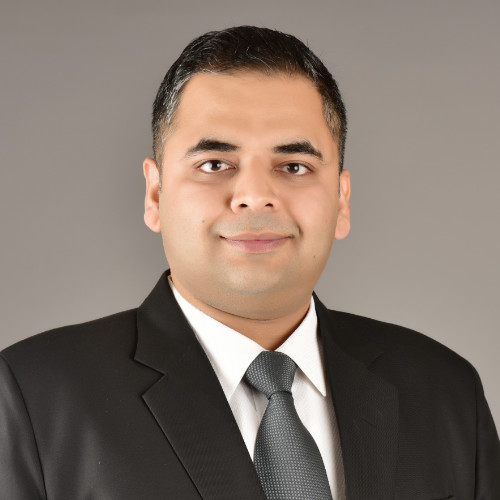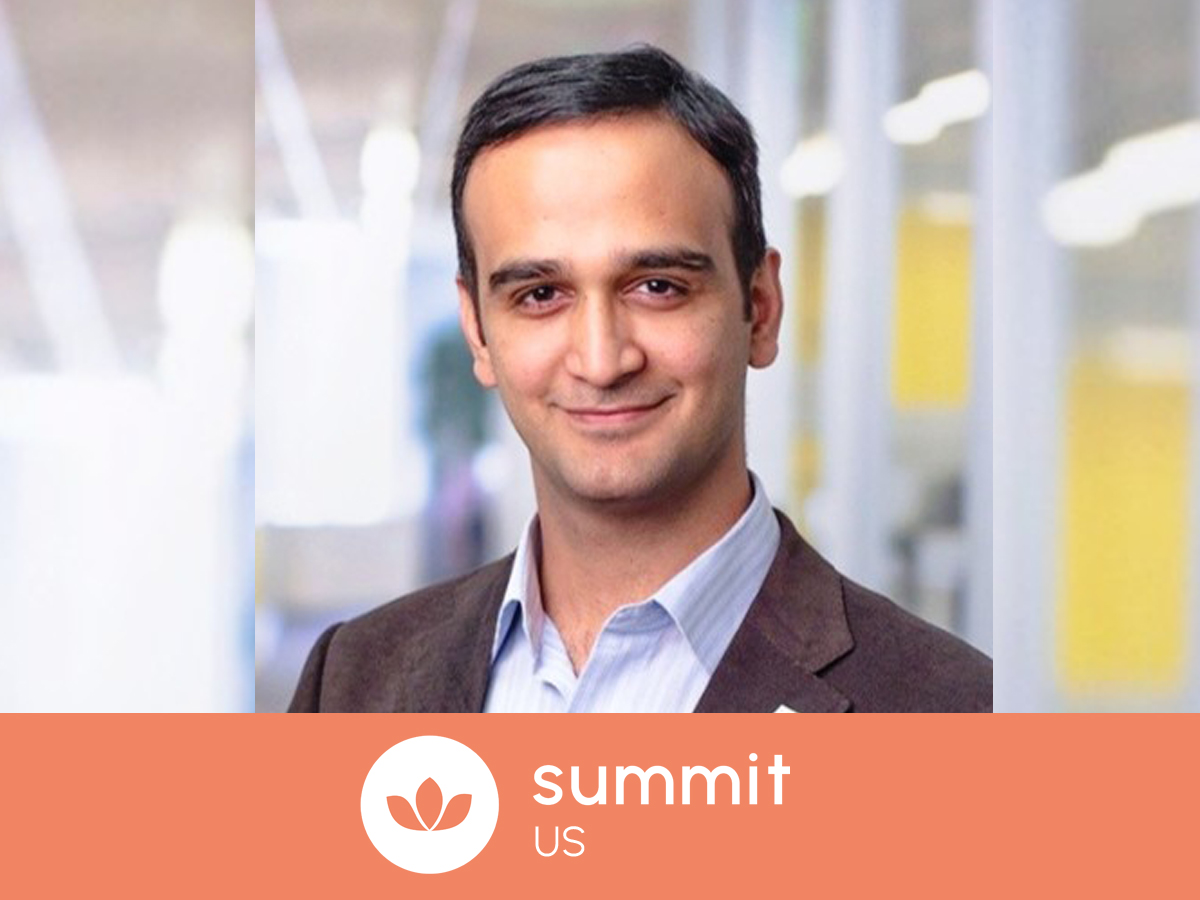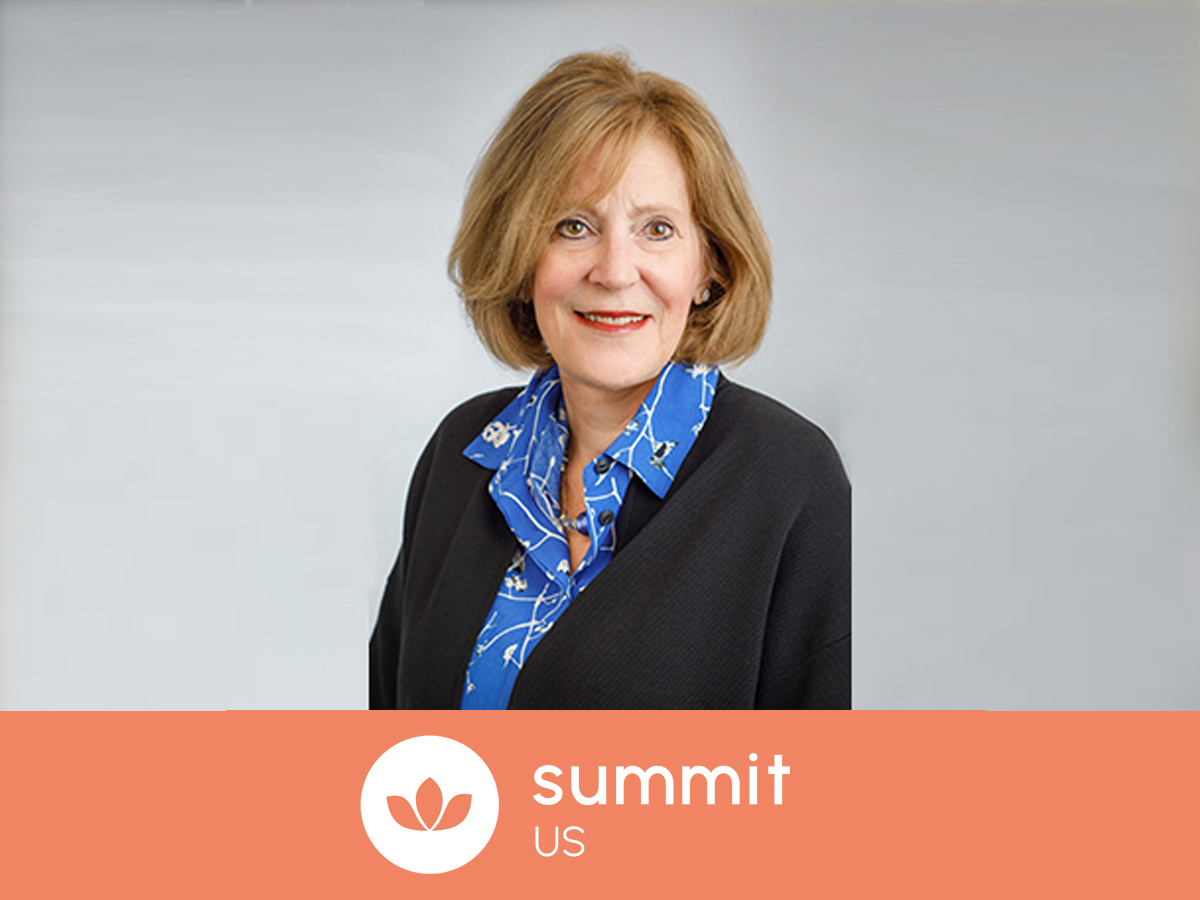
We are delighted to share that Puneet will be speaking in Mumbai as part of our India summit. We caught up with him to see how he’s feeling in the runup to the event.
Hi Puneet, we are thrilled that you will be speaking at the Wellbeing at Work India Summit next week. Our first and most important question is, how are you doing today?
Grateful, grounded, and a little caffeine-charged. It’s a good day when you get to reflect on purpose and performance together.
As a leader based in the region, what are the main challenges you are facing when it comes to employee wellbeing and mental health?
The biggest challenge is that wellbeing is still seen as “extra”—a benefit, not a core business lever. While leaders care, their middle managers are often burnt out, carrying the emotional load of the organisation without adequate support or role modeling. There’s also a growing disconnect between what employees need and what policies assume they need.
What strategies have you seen developing over the past 6 months, both internally and externally, that are moving the dial on wellbeing in the workplace?
Wellbeing is becoming more embedded into conversations around productivity and culture. We’re seeing the shift from wellness apps and yoga days to psychological safety, inclusive leadership, and manager enablement. Also, organisations are beginning to treat wellbeing data like performance data—measurable, reviewed, and actioned.
Why is employee wellbeing so important to you personally?
Because burnout doesn’t whisper—it creeps in silently and then screams. I’ve seen high-performing individuals lose their spark, and brilliant managers leave because the system never asked, “Are you okay?” Wellbeing is about preventing that silent drift into disengagement. It’s about dignity.
What impact is AI having in your organisation and how are you managing that?
AI is helping us analyse unstructured data, scale advisory efforts, and model predictive trends—but it still needs a human soul. We’re leaning into responsible AI—always asking: “Is this helping people flourish?” It’s not about AI replacing jobs but augmenting human insight.
Other than AI, are there any challenges that you are seeing for the first time and how are you addressing them?
Yes—trust gaps in hybrid settings, especially for younger employees. When culture isn’t felt physically, leaders need to intentionally model it virtually. We’re seeing an urgent need to design moments of connection and recognition—digitally and meaningfully.
What areas do you think employers should be focused on over the next 12 months?
- Manager wellbeing and capability
- Psychological safety and trust-building
- Measuring and proving ROI of wellbeing programs
- Building micro-climates of high engagement
- Equipping leaders to talk about mental health authentically
Do you feel that investment in employee wellbeing in the region is increasing or decreasing and is that a direct reflection on HR leaders’ increasing ability to demonstrate effective returns of their strategies to leadership?
It’s increasing—but selectively. Leaders are asking, “Show me it works.” HR now needs to speak the language of impact—linking wellbeing to retention, performance, and brand. The ROI of wellbeing is no longer a soft story; it’s a strategic narrative.
How has your organisation been leading the way?
At Gallup, we’ve embedded wellbeing into our science and advisory. We measure engagement, burnout, manager quality, and wellbeing across touchpoints. Internally, we walk the talk—leaders are encouraged to unplug, to check in with teams meaningfully, and to put thriving at the center of the employee experience.
Puneet will be speaking in Mumbai at the Wellbeing at Work Summit India which takes place in Mumbai on 8th April and Bengaluru on 10th April. Further details on the Summit and tickets can be found here.



